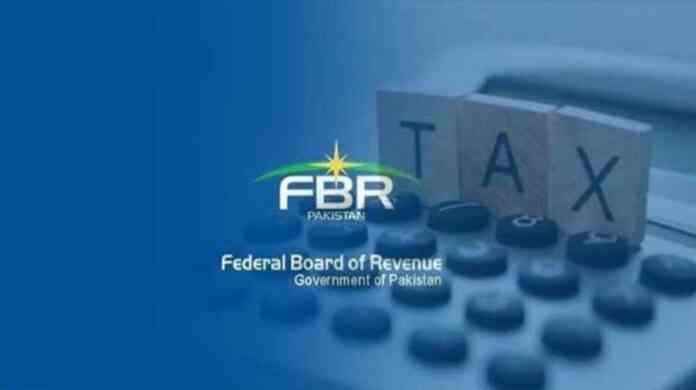Karachi, July 20, 2025 – The Federal Board of Revenue (FBR) has officially issued the updated customs duty rates applicable on the import of Hybrid Electric Vehicles (HEVs) for the fiscal year 2025–26.
This move comes under the provisions of the Auto Industry Development and Export Policy (AIDEP) 2021–26, which aims to boost local vehicle manufacturing and promote sustainable transport solutions in Pakistan.
According to the latest notification issued by the FBR, a concessional customs duty rate of 1% will be applicable on the import of HEV units in Completely Built-Up (CBU) condition. This applies specifically to HEV models falling under Pakistan Customs Tariff (PCT) Codes 8702.2090 and 8702.3090.
Similarly, HEV units classified under PCT codes 8704.4100, 8704.4200, 8704.5100, and 8704.5200 will also enjoy the 1% duty concession, as long as they meet the prescribed conditions. The FBR clarified that this reduced duty is only available to manufacturers who are importing the same variant of the HEV for the purpose of local assembly or manufacturing. The eligibility for this concession will be tied to the issuance of a manufacturing certificate and quota determination by the Engineering Development Board (EDB).
The FBR emphasized that these incentives are in line with the government’s broader vision to promote the domestic auto industry while encouraging environmentally friendly vehicle technology. By facilitating low duty rates on HEV imports, especially for manufacturers preparing to assemble such models locally, the policy aims to reduce dependency on fossil fuels and cut carbon emissions over the long term.
Officials from the FBR also reiterated that this policy framework intends to attract global players and local investors to invest in the HEV segment, which is gradually gaining popularity in Pakistan due to its fuel efficiency and lower environmental impact.
Industry insiders believe that the continuation of such favorable import terms could accelerate the local production of HEVs, ultimately making eco-friendly vehicles more affordable for Pakistani consumers.
